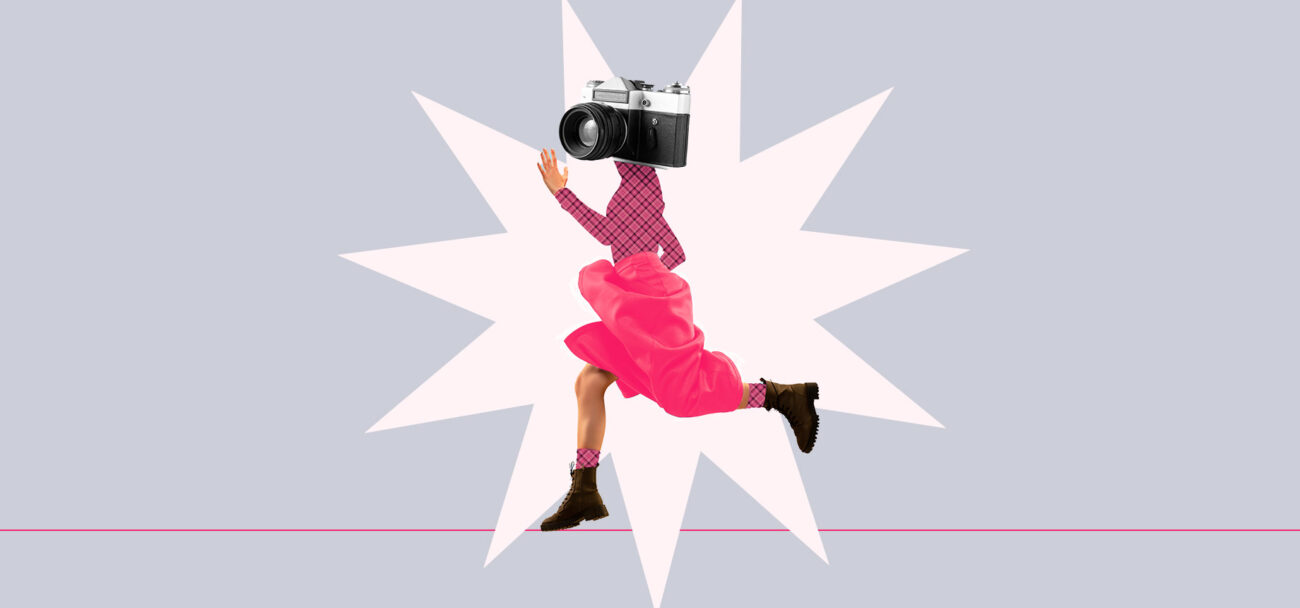
Fashion is one of the first industries to embrace ecommerce, but that does not mean the digital transformation process has been easy. The successful implementation of an online presence requires a lot of consideration for the end-clients’ requirements, and there are plenty of those.
Despite these obstacles, many online retailers are currently running smooth operations with great results. By analyzing some of these successful fashion ecommerce operations, we can actually notice several commonalities — must-haves to achieve success.
These elements should not be considered a comprehensive list of every aspect that can be included in an online fashion store, but they are a good starting point if you’re thinking about launching your own.
An online presence
First of all, it’s important to highlight that, even before the COVID-19 pandemic, clients have been asking for more online channels to buy fashion apparel from. Ricardo Rodríguez, VP of Enterprise Sales at VTEX Mexico, says that some fashion retailers, especially bigger operations, tend to stay put with their current status quo, but this might not be the best strategy going forward. Ecommerce stores are a must.
“Clients make a note of the retailers that don’t offer ecommerce websites and, if they don’t want to go to a brick-and-mortar store, they might disregard that brand. Fashion brands sometimes implement marketplaces as the entirety of their online presence, but the products offered there tend to be from outlets, which compromises the success of this strategy.”
Ricardo Rodríguez, VP of Enterprise Sales at VTEX Mexico
Geography is less of an obstacle every day, and Rodríguez warns that the companies that are slow to adapt to this new client’s mindset might lose customers to international ecommerce businesses of the same apparel brands and products.
High-quality photography
When it comes to the actual online shopping experience, the first important thing to take into consideration is the fact that your clients are not actually buying pieces of clothing, but the pictures that you provide on your ecommerce site for them to get an idea of what these pieces look like.
“Fashion is one of the hardest segments to sell online because of the variety of colors, textures, sizes and shapes that exist. If you don’t have great pictures that allow your clients to see these elements clearly, it’s very hard to close a sale, because all of these things encompass the concept of what you want to sell.”
Ricardo Rodríguez, VP of Enterprise Sales at VTEX Mexico
The quality of the pictures, then, have a direct impact on the quality of a client’s online experience everywhere, including brand engagement on social media platforms and mobile devices. Whether it is for jewelry or clothing, Rodríguez suggests that you invest in outsourcing your product content with a specialized studio, since professional videos and photos can enhance the interaction between products and potential buyers.
“Many of the returns in fashion are involuntary: the client liked the product in pictures, but not in person. This is usually because the texture or the color aren’t well represented in the website’s images, and we need to offer the best experience possible so that the clients don’t have these issues.”
Ricardo Rodríguez, VP of Enterprise Sales at VTEX Mexico

Size guides and more
Once a client chooses a garment, the first pain point is usually the size selection. If the client doesn’t know the store, it’s easy to make a mistake when picking a size, a problem that companies have tried to solve for years.
Some shoe brands even offer a size guide that you can print so that there’s little leeway when it comes to the right size, but this is harder to implement for other pieces of clothing. This is a challenge when we think about the buyer’s journey.
“How do I know my size? Some websites have S, M and L, while others have 36, 38, 40, and it’s hard to keep track. So: what tools do I give my client to figure out their size and make their lives easier? Because a client can stop their purchase if finding out their size is too cumbersome.”
Ricardo Rodríguez, VP of Enterprise Sales at VTEX Mexico
A good platform can help with these obstacles, at least partially. VTEX offers a strong catalog module that allows you to upload content and define descriptions and attributes for product pages in such a way that it’s easier for customers to find and learn about products. Integrations of third-party solutions specifically designed to help with this are also possible.
The period after picking the first product is important, too. What if a client buys a pair of pants and they want to check the model’s sweater, as well? A well-implemented look book, known as a kit-look inside VTEX, is a great way to grow your average order value, while also offering a better experience for customers.
A superior ecommerce platform
The fashion industry faces a great deal of challenges in the digital world, but all the aforementioned elements can thrive if they are supported by powerful, state-of-the-art technology. The more you need to rely on that technology, the better it should be.
For instance, fast fashion means dozens of collections a year, with volatile stock that has to be fully transparent to customers in order to protect the quality of the buying journey. A well-rounded platform can help everyone involved keep track of available garments and pick-up or delivery points according to a unified inventory.
There is also a never-ending betterment cycle in online fashion, where marketplaces, complex sales and offers, logistics flexibility and customer service are pushing the bar even higher for the industry. We will explore some of these new trends later on.












